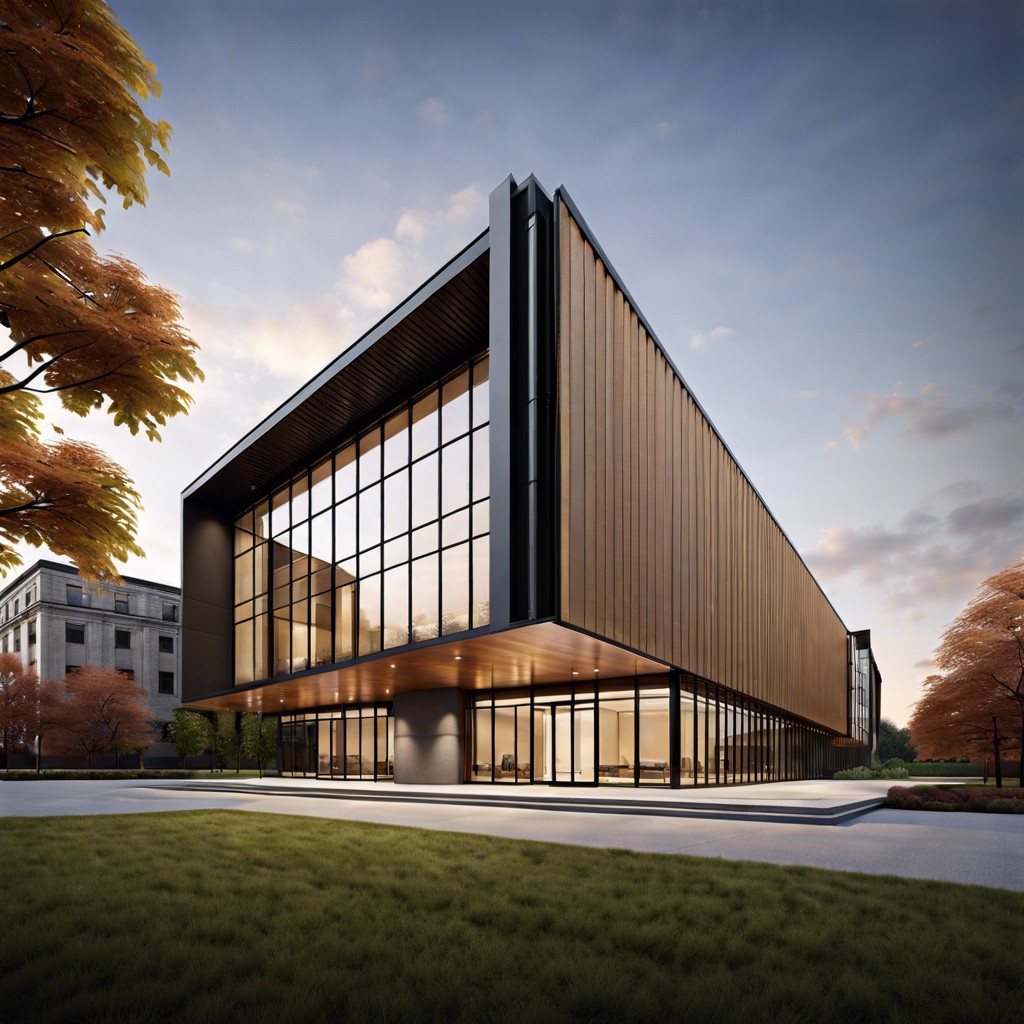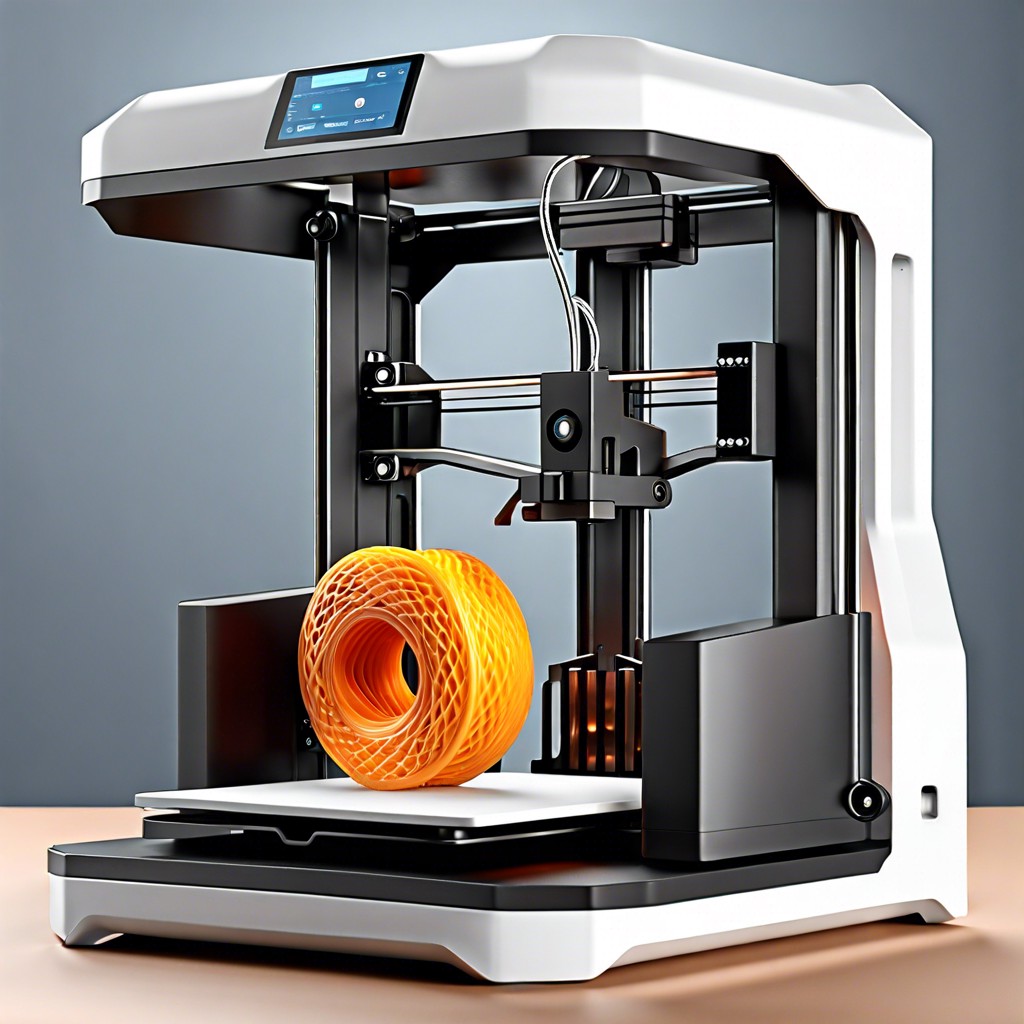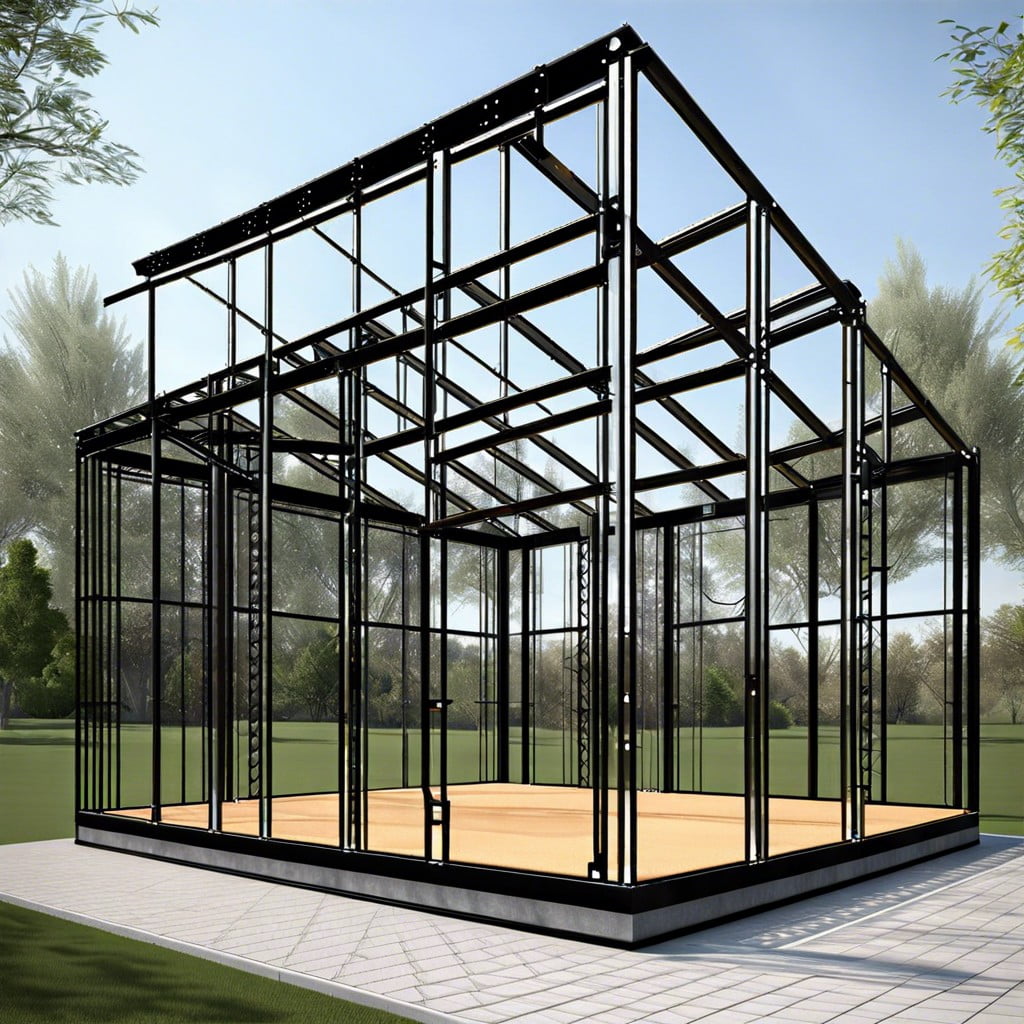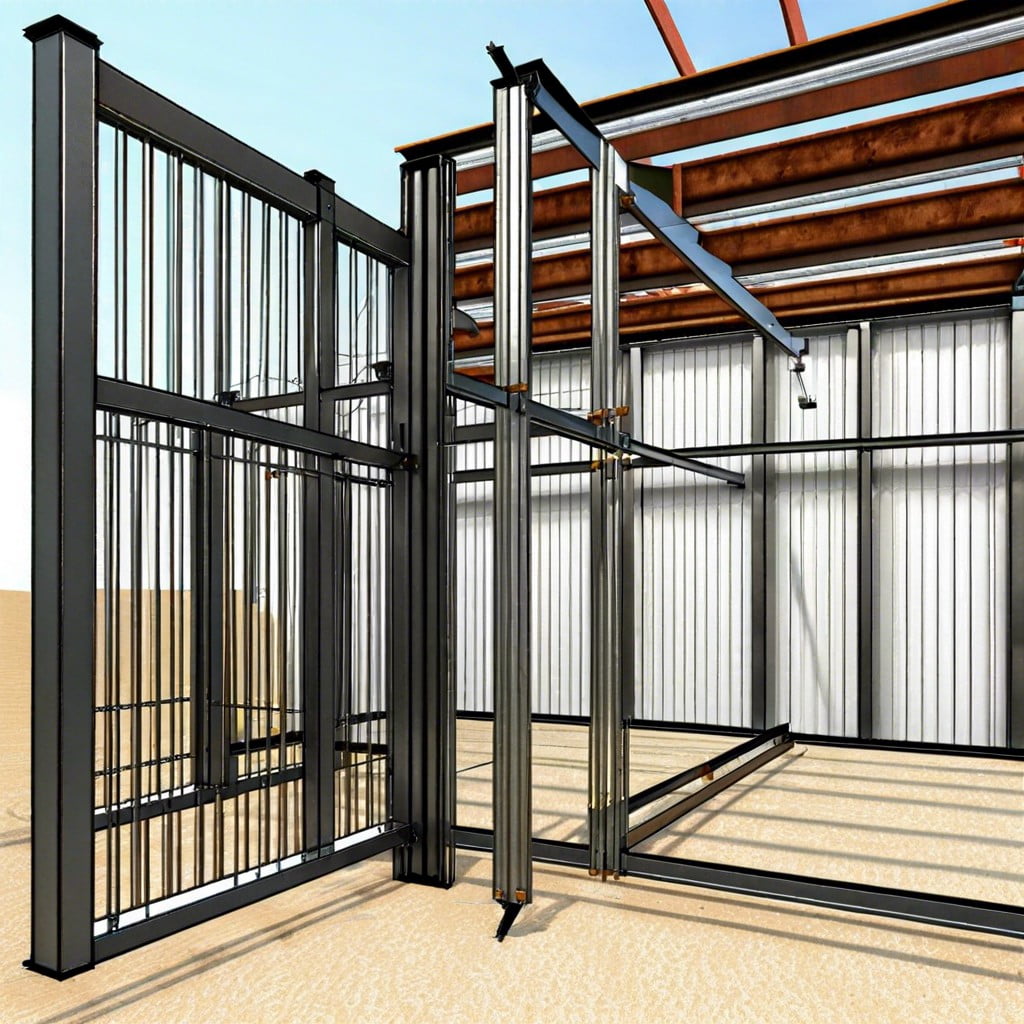Metal building construction in Louisiana caters to a variety of applications, offering durability and flexibility in a state known for its diverse climate and weather conditions.
Key takeaways:
- Metal buildings in Louisiana offer durability and flexibility.
- Customizable options for roof styles, dimensions, doors, and windows.
- Advantages include durability, energy efficiency, speed of construction, and versatility.
- Delivery and installation processes require coordination and site preparation.
- Building code compliance is essential and varies by location.
Metal Buildings in Louisiana
Louisiana’s climate, characterized by high humidity and frequent coastal storms, necessitates durable and resilient construction materials. Metal buildings meet these needs by offering superior strength and longevity. Their galvanized steel construction provides resistance to rust and corrosion, which is essential in the often wet and saline-rich air of Louisiana. Moreover, the reflective properties of metal surfaces help in minimizing heat absorption, making these structures more energy-efficient in the face of the state’s hot summers.
Prefabricated metal buildings have gained popularity in Louisiana due to their versatility. They fulfill a variety of functions, from commercial and industrial warehouses to agricultural storage and personal workshops. The quick construction process is a significant advantage, allowing for faster occupancy compared to traditional materials. Furthermore, metal buildings are known for their low maintenance requirements, a compelling feature for Louisiana’s business owners and homeowners who value sustainability and cost-effectiveness.
Environmental factors particular to Louisiana, such as the risk of termites, do not affect metal structures as they do wood-based construction. This termite resistance is a considerable benefit, reducing the need for chemical treatments and ensuring structural integrity over time.
In summary, metal buildings are well-suited to Louisiana’s unique environmental conditions, offering a practical, long-lasting solution for a variety of building needs while ensuring cost savings and energy efficiency.
Customization Options for Louisiana Metal Buildings
Louisiana’s diverse climate demands versatility in building design, which metal constructions offer generously. Owners can tailor designs to suit specific needs, whether for agricultural storage, commercial use, or personal workshops.
Roof Styles: Choose from gabled or single-slope designs to best suit your site and aesthetic preferences.
Dimensions: Exact measurements can be specified, ensuring the structure fits the intended site and use.
Doors and Windows: Placement and size of entryways are customizable for functionality and natural light.
Color Options: A spectrum of colors for panels and trim allow for brand consistency or blending with the environment.
Insulation: Given Louisiana’s heat and humidity, insulation options are critical for controlling interior conditions.
Additional Accessories: Incorporate vents, skylights, or internal partitions to improve usability and comfort.
These choices not only enable a perfect fit for purpose but also contribute to the building’s longevity and performance in the Louisiana climate.
Advantages of Metal Buildings in Louisiana
Durability stands at the forefront, with metal structures offering resilience against Louisiana’s frequent storms and high humidity. This material’s resistance to rot, mold, pests, and fire provides long-term reliability, reducing maintenance and potential repair costs.
Energy efficiency is achieved through reflective coatings and insulation options that comply with the hot, humid climate, cutting down on cooling expenses and contributing to a more comfortable interior environment.
Speed of construction is another benefit due to pre-engineered metal building kits that streamline the assembly process, minimizing labor costs and getting businesses up and running swiftly.
Versatility in design allows for a wide range of applications, from agricultural storage and commercial spaces to personalized residential workshops, ensuring that each building meets specific user needs.
Finally, the eco-friendly aspect of metal buildings is significant, as most metal components are recyclable, reducing the environmental footprint and supporting sustainability goals.
Delivery and Installation Processes
Upon finalizing the design of your metal building, the delivery and installation are critical phases that follow. Manufacturers typically schedule delivery after the production of your custom components. In Louisiana, delivery time frames may vary, commonly ranging from a few weeks to several months depending on customization complexity and demand.
Once the components arrive on site, a qualified installation crew will take over. Coordinate with local installers to ensure that the build schedule aligns with your timeline. A clear and level site is fundamental for a swift installation, so site preparation is pivotal. Louisiana’s climate, notably its wet conditions and hurricane threats, necessitates adherence to proper anchoring and bracing techniques during installation to ensure durability and safety.
The process involves erecting the frame, fitting the insulation (if required), and securing the metal panels. For larger structures, cranes and other heavy equipment may be needed. It’s essential to ensure that the crew is familiar with Louisiana’s safety regulations to prevent accidents or injuries during construction.
Throughout this phase, regular communication with the project manager is advisable to track progress and resolve any issues promptly. They should also assist in coordinating any necessary inspections to comply with local building codes.
Building Code Compliance in Louisiana
Navigating building codes ensures the structural integrity and safety of metal constructions. In Louisiana, adherence to local zoning laws, the International Building Code (IBC), and the state’s specific amendments is critical. Prior to erecting a structure, obtaining the necessary permits from the local building department is essential.
In hurricane-prone areas, metal buildings must meet stringent wind and seismic load requirements to withstand extreme weather conditions. Furthermore, insulation standards are influenced by Louisiana’s hot, humid climate in an effort to enhance energy efficiency.
For agricultural structures, certain exemptions may apply, reducing the regulatory burden. Collaborating with a knowledgeable contractor who is familiar with the distinct municipal and parish requirements can streamline the compliance process, ensuring the project’s success.
Recap




